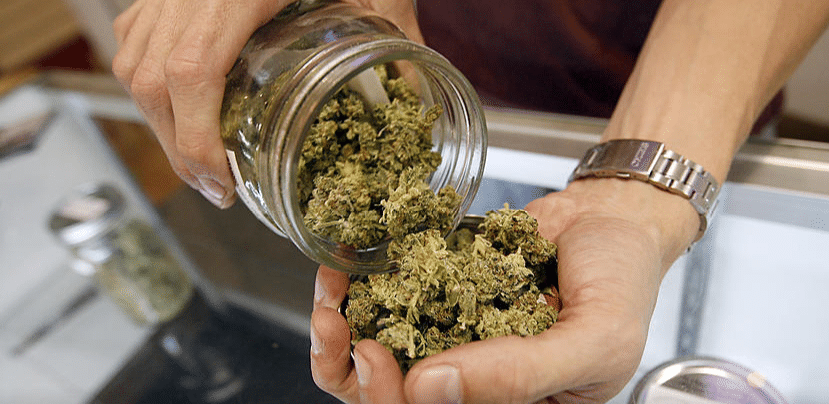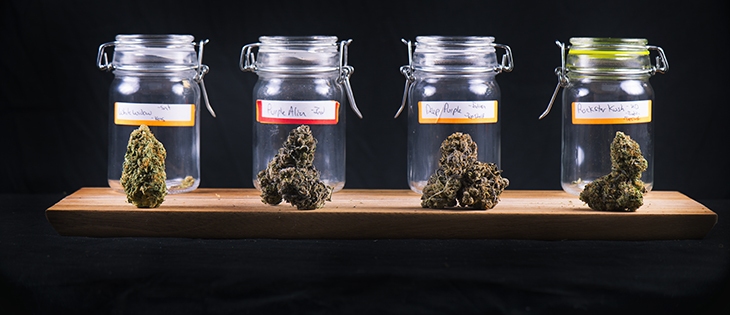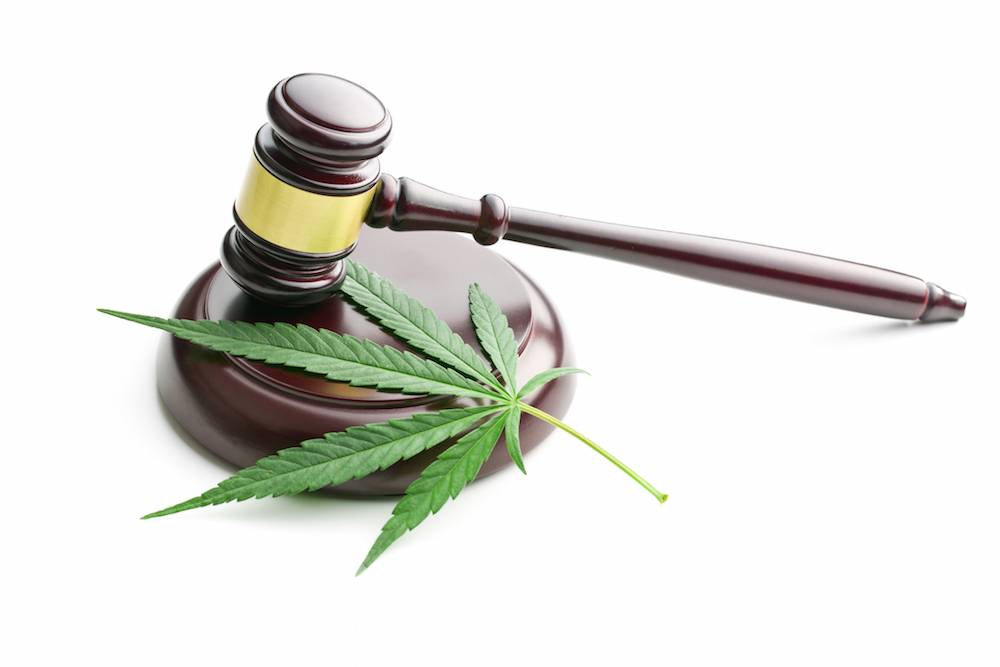The upcoming Nov. 6 election has many people around the state anticipating the vote on recreational marijuana in Michigan.
This October marks 81 years since marijuana became federally illegal in the U.S. Yet, over the past decade, the support for marijuana legalization has increased dramatically. A 2017 study says about every six in 10 Americans support legalization, according to pewresearch.org. Current Michigan law says that marijuana use is only legal for patients with debilitating medical conditions.
Recreational marijuana has many potential benefits for Michigan. Not only will legalizing marijuana recreationally be relieving our residents of physical pain, but it will also improve our economy and lower crime rates.
Before marijuana was illegal in the U.S., cannabis-infused extracts were sold over the counter and were used to treat symptoms such as menstrual pain. According to nccih.nih. gov, marijuana has been used to treat health conditions for at least the past 3,000 years.
According to www.health.harvard.edu, the most common reason for medical marijuana use in the U.S. is to control pain. If more citizens had access, it could help with painkiller and opiate addiction, replacing them with a natural medicine.
Not only has marijuana been proven to be medically beneficial, but states that have legalized the plant recreationally have seen some amazing results. If cannabis is legalized in Michigan, the results could be quite similar. Colorado, one of the first states to vote recreational, saw some drastic economic improvements. According to www.ippsr. msu.edu, Colorado has raised more than $500 million in tax revenue since legalizing marijuana recreationally. They also estimate that if Michigan legalized marijuana, the revenue would be about $63 million a year.
With all of the legalization talk, some people may be concerned that if Michigan does vote for recreational marijuana, youth drug use will increase. In a 2015 study done by Healthy Kids Colorado Survey, students in Colorado were asked if they had smoked marijuana in the past 30 days. While 25 percent answered yes in pre-legalization 2009, only 21 percent answered yes in 2015 after legalization. The study concluded the use of marijuana in youth had stayed relatively the same, if not lower, regardless of recreational legalization.
With recreational legalization, marijuana crimes themselves can be expected to plummet. According to aclu-wa.org, when Washington state legalized recreational weed use in 2012, possession charges dropped 98 percent. If this happens in Michigan, so many more of our residents
will be able to keep their record clean, which will give them so many more opportunities in life.
No matter what your opinion is on recreational marijuana, it deserves to be heard. Don’t forget to go and vote Tuesday, Nov. 6!
Credit: fsutorch.com













